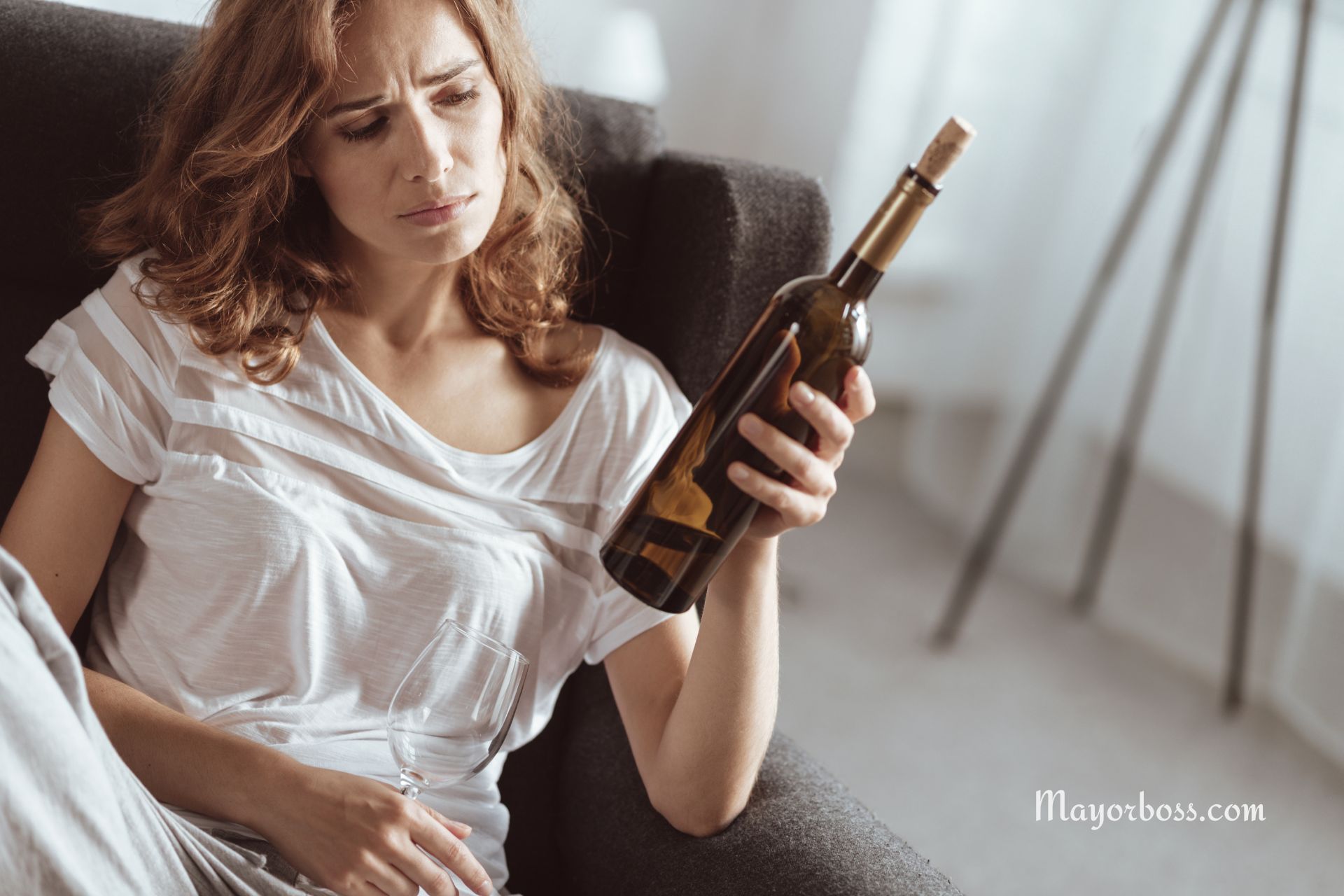Why Does Alcohol Make You Pee?
Alcohol makes you pee more because it reduces a hormone called antidiuretic hormone (ADH). ADH helps your kidneys save water so your body doesn’t lose too much. When alcohol lowers ADH levels, your kidneys let go of more water, and you pee more often.
This effect starts soon after drinking alcohol and can last for several hours. The more alcohol you drink, the stronger this effect. Some people feel the urge to pee more quickly, especially if they are already low on fluids.

Alcohol Causes Your Body to Lose More Fluids
Alcohol is a diuretic, meaning it makes your body get rid of extra fluids. This is especially true for drinks with higher alcohol content, like whiskey or vodka. The more alcohol you drink, the more you pee. If you don’t drink enough water, this can lead to dehydration.
Not all alcoholic drinks cause the same effect. Beer has a lower alcohol level, but since it contains more liquid, you may still pee a lot. On the other hand, stronger drinks, like cocktails or shots, have a higher alcohol percentage, which can make you lose even more fluids.
Peeing Too Much Can Make You Dehydrated
Since alcohol makes you pee more, you can easily become dehydrated. Some signs of dehydration include:
Drinking water between alcoholic drinks can help prevent dehydration. Some experts suggest drinking one glass of water per alcoholic drink to help keep your body hydrated.
Drinking More Alcohol Means More Urination
The more alcohol you drink, the more you pee. Heavy drinking lowers ADH levels even more, making you go to the bathroom much more often. This can cause a loss of important minerals and make you feel weak or dizzy. In serious cases, excessive fluid loss can lead to low blood pressure or confusion.
Alcohol also upsets the balance of electrolytes in your body, which can leave you feeling sluggish, nauseous, or dizzy. This is one reason why you may wake up with a hangover after a night of drinking.
Alcohol Can Make It Harder to Control Your Bladder
Alcohol doesn’t just make you pee more; it can also irritate your bladder. This can make you feel like you need to pee even if your bladder isn’t full. People with bladder problems, such as overactive bladder or incontinence, may find that alcohol worsens their symptoms.
Alcohol can also relax the muscles in your bladder, making it harder to hold in urine. This is why some people may experience leakage or sudden urges to pee after drinking too much.
How to Prevent Excessive Urination When Drinking Alcohol
To keep from peeing too much and avoid dehydration while drinking alcohol, you can:
- Drink water between alcoholic drinks to stay hydrated.
- Avoid drinking too much alcohol to limit its effects.
- Choose drinks with lower alcohol levels, since stronger drinks make you lose more fluids.
- Eat food while drinking, since food helps slow alcohol absorption.
- Avoid caffeine, since coffee and energy drinks increase urination when combined with alcohol.
- Pay attention to how much you drink, especially if you already have bladder issues.
- Restore lost electrolytes, especially after drinking a lot.
What You Should Know About Alcohol and Urination
Alcohol makes you pee more because it lowers ADH levels, causing your body to get rid of more water. This diuretic effect can make you dehydrated if you don’t replace the lost fluids. Losing too much fluid and electrolytes can lead to headaches, dizziness, and fatigue.
Drinking water and limiting alcohol intake can help reduce these effects. If you frequently feel severely dehydrated, urinate excessively, or experience bladder discomfort after drinking alcohol, you may want to talk to a doctor. Keeping track of your alcohol intake and staying hydrated can help reduce its negative effects on your body.
